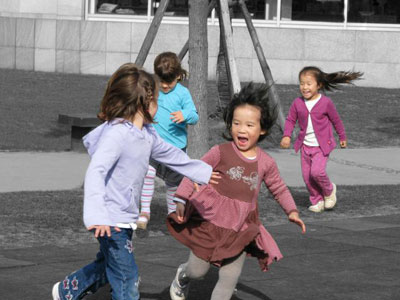All Nonfiction
- Bullying
- Books
- Academic
- Author Interviews
- Celebrity interviews
- College Articles
- College Essays
- Educator of the Year
- Heroes
- Interviews
- Memoir
- Personal Experience
- Sports
- Travel & Culture
All Opinions
- Bullying
- Current Events / Politics
- Discrimination
- Drugs / Alcohol / Smoking
- Entertainment / Celebrities
- Environment
- Love / Relationships
- Movies / Music / TV
- Pop Culture / Trends
- School / College
- Social Issues / Civics
- Spirituality / Religion
- Sports / Hobbies
All Hot Topics
- Bullying
- Community Service
- Environment
- Health
- Letters to the Editor
- Pride & Prejudice
- What Matters
- Back
Summer Guide
- Program Links
- Program Reviews
- Back
College Guide
- College Links
- College Reviews
- College Essays
- College Articles
- Back
Itching Eczema Away
Her skin was getting alarmingly more exacerbated and disfigured. She had been worried it might be too noticeable for to be able to participate as the flower girl for her older sister’s wedding.
So she cried.
There was nothing else my little sister Hannah could do, a six year old girl who was diagnosed with severe atopic dermatitis at age 2. She dealt with unmanageable and painful skin day and night from the condition. Daily visits to the LA Children's Pediatric Hospital were common. She not only had a personal dermatologist but also an infectious disease specialist and a general pediatrician as a set. She was stripped of many simple pleasures 2-year olds deserve.
Eczema was beginning to control her mental stability, physical security, and quality of life.
But she was not alone.
Around 10-20% of children and adolescents are diagnosed with mild to severe atopic dermatitis. Symptoms range from dry, scaly skin to severe bacterial infections due to the cracked, split skin from scratched wounds. In addition, the lack of sleep from the incessant need to scratch and the steroid-implemented medication critically inhibit the growth of children. The condition of the inflamed infected skin is unbelievably repulsive. However, the constant battle of itching and physical disfigurement does not even scratch the surface of the suffering children and parents diagnosed with the chronic skin disease experience.
My sister had a difficult time making friends at preschool. Her skin set her apart from the other children and she became withdrawn and shy. Her classmates thought she had a contagious disease and would avoid her. She also could not eat normal food as dairy products, nuts, eggs or wheat triggered outbreaks. So she completely alienated herself.
But why? Why should my little sister merely stating preschool be self-conscious and unable to play and run around like the other children because of the ignorance of others? It was truly physical and mental hell for her and our family.
Fortunately, we discovered the National Eczema Association, a non-profit organization with the goal of educating the general public on eczema and raising awareness of the daily experiences and suffering of eczema on patients and their families. Nevertheless, the efforts of this organization rarely reach adolescent and teenage audiences, even though they often suffer the worst social discrimination from colleagues and experience the worst insecurity issues. Hosting more teenage-friendly events to raise awareness for eczema would significantly benefit teenage patients suffering from insecurity and embarrassment from their skin disease.
Discrimination against these perseverant and brave children must be stopped. Personal voices and efforts should be heard. Just like my little sister’s story and her experiences beating eczema; itching eczema away completely.

Similar Articles
JOIN THE DISCUSSION
This article has 3 comments.
